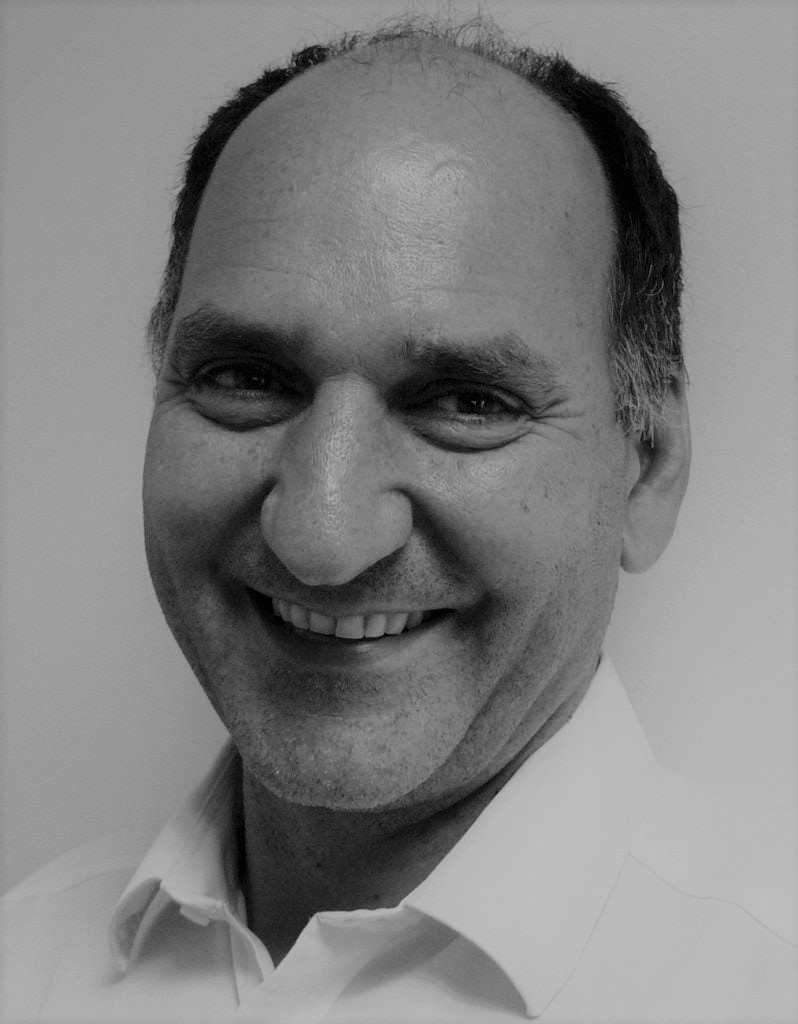• When and why did you set up Set Ready
Back in 2014, we did some Location Marshal training for residents of the Ethelred estate in Lambeth, so they could get work on the feature film “The Secret Service” Starring Colin Firth and Taron Egerton. This was a great success, the residents really loved seeing their neighbours getting paid to work on set. In the following years, we did more and more of these training courses, teaming up with training providers like Creative Sparkworks, and Fully Focussed. Eventually in 2018, we tasked Sue Russo to develop a long term training strategy for FilmFixer, which we called Set Ready Training. this launched in 2019, though really got going after the first lockdown in 2020.
• In a highly competitive industry
We decided to stick to one simple objective – to get trainees ready to take on work as “Location Marshals” – this role is a freelance, temporary role. Film companies need a lot of Location Marshals when they are filming on housing estates, in public parks or on streets, when there are many pedestrians. The job is to “lock off” the set. It’s a very long hard day’s work, but the pay is good. Best of all, Location Marshals get a credit, which they can put on their CV. Once they have experience, they will be taken seriously when they apply for longer term jobs like Set Runner or Location Assistant. We have recognised that you need experience to get jobs, so that’s what we are providing.
• How does Set Ready Training prepare
Its true to say that the film and TV industry is unique. No day is the same, the hours are crazy, but it’s incredibly fulfilling and it’s fun being part of a creative process. We do our best to prepare our SR trainees, by giving them video testimonials from successful crew members who remember their first day on set. We want to give people the confidence they need to be a useful member of the team.
• The film and TV industry is known for its fast-paced and often unpredictable nature. How does Set Ready Training help participants develop
You need experience on the job. There is really no other way to learn how to be a Location Marshal. Our Set Ready programme provides two days of intensive tuition from industry professionals, then mentoring and help applying for paid placements. Those that work on set soon discover how it all fits together and they generally become a bit more confident of their ability to solve problems. Often, all the trainee needs to do is to ask for advice in the right way.
• Safety is of utmost importance on set. What safety protocols
We have adopted the Mark Milsome Foundation’s Film and TV online Safety Passport training module, all Set Ready trainees get this as part of their course. The foundation was named after an experienced cameraman who sadly died when a car stunt went wrong while working on a film. We also address the specific safety concerns that a Location Marshal might encounter.
• Are the training courses industry-certified?
The H&S element of the course provided by the Mark Milsome Foundation is certified by Skills for Care and TQUK.
• Are there any prerequisites for enrolling in the Set Ready training program?
Sometimes the funding we obtain has strings attached. Certain courses are only for those that are claiming benefits, others are only for those that live in certain areas (e.g. London Boroughs or City of Liverpool). It all depends who is paying for the course. We are keen to provide the courses free of charge to the trainees. If someone wants to get on one of our courses and get some paid work placements, they should get in touch via www.setready.co.uk
• Can you describe the duration of your training courses?
The course is two days, then come the placements, which we hope to arrange within three months of the course. We will try to get at least one work placement, often we can get two or more for each trainee, it all depends on how many films are being shot.
• Is there a maximum class size for the training sessions?
We prefer to keep the cohort size below 25 people, minimum is 15.
• Are there any opportunities for practical hands-on experience during the training?
Yes, we do a practical demonstration of how radios (walkie-talkies) work and how to communicate using them.
• Are the trainers industry professionals?
Yes, we employ people with a wide range of experience as trainers and speakers
• Is the Set Ready training program suitable for beginners in the film industry?
Yes, its designed for entry level talent, so no experience needed. However, we require people to be over 18. No upper age limit.
• Are there any financial assistance options available for the training courses?
This depends on funding, but often there are bursaries available for child care, or transport, especially if the funding has come from ScreenSkills who have budgets set aside for this purpose.
• Are the training materials and resources provided to participants?
Yes – we have a handbook, and we hire Motorola radios (the sort used on film sets).
• Is there a specific age requirement for enrolling in the Set Ready training program?
Over 18, because we will be providing work placements as part of the programme and there are insurance issues if people are under 18.
• The film and TV industry has traditionally lac
We are very keen indeed to provide opportunities to people who traditionally have not been able to find their first steps into the film industry. We will advertise and publicise the course directly to diverse communities, using many different means, including social media channels and by contacting local community groups vai the local authority network.

